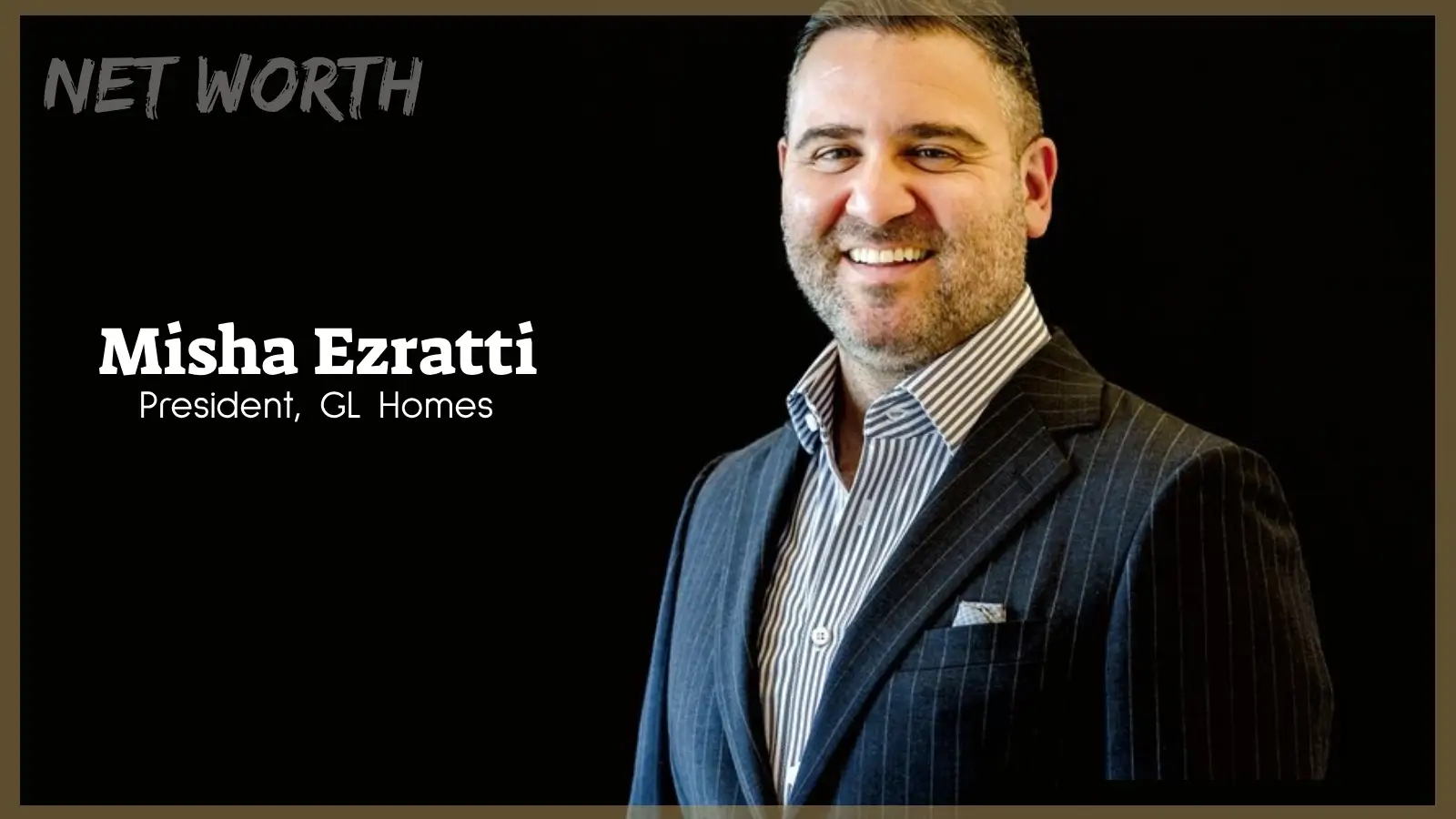


Admitting you need help with substance abuse takes real guts. It's like standing at the edge of a cliff, scared but knowing the jump leads to solid ground. The substance abuse hotline offers a quick way out—a free, private line to trained folks who listen without judging.
This article walks you through why calling matters. It covers what happens on the call and the steps that follow. You'll see how this one action kicks off your path to recovery.
A substance abuse hotline is a phone service for people facing addiction issues. Think of it as a bridge to real help, like the SAMHSA National Helpline at 1-800-662-HELP. It's open day and night, every day of the year, so you can call when the need hits hardest.
These lines keep things private—no names required unless you choose to share. Counselors offer support, info on treatment, and links to local resources. Unlike a doctor's office, no appointment waits for you.
Hotlines split into types. Crisis lines handle urgent dangers, like overdose fears. Info lines focus on referrals and advice for long-term care. Both aim to guide you toward healing.
Many folks skip calling due to worries about privacy. They fear bosses, cops, or family finding out. But hotlines promise strong confidentiality—your talk stays between you and the counselor.
Rules have limits, though. If you're in clear danger to yourself or others, they might suggest emergency steps. Still, no forced reports just for sharing your story. Insurance or legal ties? Counselors explain how to protect those.
Trained pros staff these lines. They hold degrees in counseling or social work. Standards come from groups like SAMHSA, ensuring they handle calls with care and skill. This setup builds trust right from the start.
Substance use disorders affect millions in the U.S. About 20 million adults battle addiction each year, per CDC data. Yet only one in ten gets treatment— a huge gap that hotlines aim to close.
Quick access saves lives. Studies show early calls cut overdose risks by linking people to care fast. For example, opioid crises spike hospital visits, but hotline users often avoid them through timely advice.
These numbers highlight urgency. Delays in help lead to worse outcomes, like job loss or family strain. Calling now bridges that divide, turning stats into personal wins.
Your call starts with a warm greeting. The counselor asks how you're feeling to check for risks like withdrawal shakes or overdose signs. They focus on now, not blame.
Active listening makes it feel safe. They nod along—well, in words—and repeat back what you say. This shows they get your pain, building a quick bond. No rush; they let you lead the talk.
After safety checks, they shift to your goals. Questions stay gentle, like "What's brought you to call today?" This flow eases nerves and sets a supportive tone.
Counselors ask about your substance use— what, how often, and any health issues. It's not grilling; it's matching you to the right help. Think of it as a map to find the best path.
Prepare ahead to speed things up. Jot down your main substance, how long you've used, and past treatment tries. This keeps the chat smooth and focused.
They avoid pushy vibes. If something feels off, say so—they adjust. The goal? Clear referrals, not judgment. You'll leave with options that fit your life.
If you're in a tough spot, like drunk or shaking from withdrawal, they act fast. They might say to call 911 or sip water to ease symptoms. Simple steps buy time till pros arrive.
For acute cases, they guide you to emergency rooms or sober spots. They explain why—say, to watch for seizures. No panic; just clear next moves.
They also suggest reaching a friend for backup. This nets you short-term calm while planning bigger steps. It's hands-on help that feels real.
Hotlines connect you to care levels that suit your spot. Detox centers clear your body first, safe and monitored. Inpatient stays offer full-time support in a structured home.
Outpatient options, like intensive programs, let you keep daily routines. Medication-assisted treatment uses meds to curb cravings, paired with therapy. Counselors weigh your insurance, location, and readiness to pick the best.
Geography plays a role too. Rural areas might link to telehealth first. Personal factors, like work ties, shape the fit. This tailored approach boosts success odds.
Once assessed, they give direct numbers for facilities. They check beds or slots on the spot if possible. Sometimes, intake starts right there via speaker.
Follow-up means notes on what to bring—ID, meds list. They might email resources if you share an address. It's practical, turning talk into action.
Prep your circle for support. Tell a loved one about the plan; they can drive you or handle calls. This smooths the jump to treatment.
Hotlines link to groups like Alcoholics Anonymous or Narcotics Anonymous. These peers share stories, no cost involved. SMART Recovery adds tools for self-management.
For mental health overlaps, they refer to therapists. Co-occurring issues, like depression, need dual care. This full view covers body and mind.
Free apps or online chats extend help. They keep you linked post-call, building a wider net for recovery.
Waitlists or insurance snags can slow you down. Call the hotline back for tips—they advocate or find alternates. Don't quit; push through with their backup.
Build a treatment kit: copies of your insurance card, doc notes, and a med list. Pack clothes and basics too. This cuts stress at check-in.
Transportation issues? Ask for shuttle info or rides from groups. Small preps keep momentum going strong.
Loved ones can call too, seeking advice on how to help. Hotlines have tracks for them—tips on talks without nagging. It eases family strain.
They learn boundaries, like avoiding enabling habits. This builds a team effort around your recovery. Share the load; it lightens everyone's path.
Encourage them to join support like Al-Anon. It equips them to cheer you on right.
One call isn't the end. Dial back for plan tweaks or relapse worries. It's like a steady friend in your pocket.
They confirm referrals if things shift. Post-treatment doubts? They're there to steady you. This ongoing link fights isolation.
Use it freely—no limits on times. It sustains your journey, step by step.
That first ring to the substance abuse hotline changes everything. It opens doors to safety, treatment, and hope you might not see alone. You've got the tools now to start strong.
Recovery builds from this base. One talk clears confusion and lines up real options. Trust the process; it's designed for folks like you.